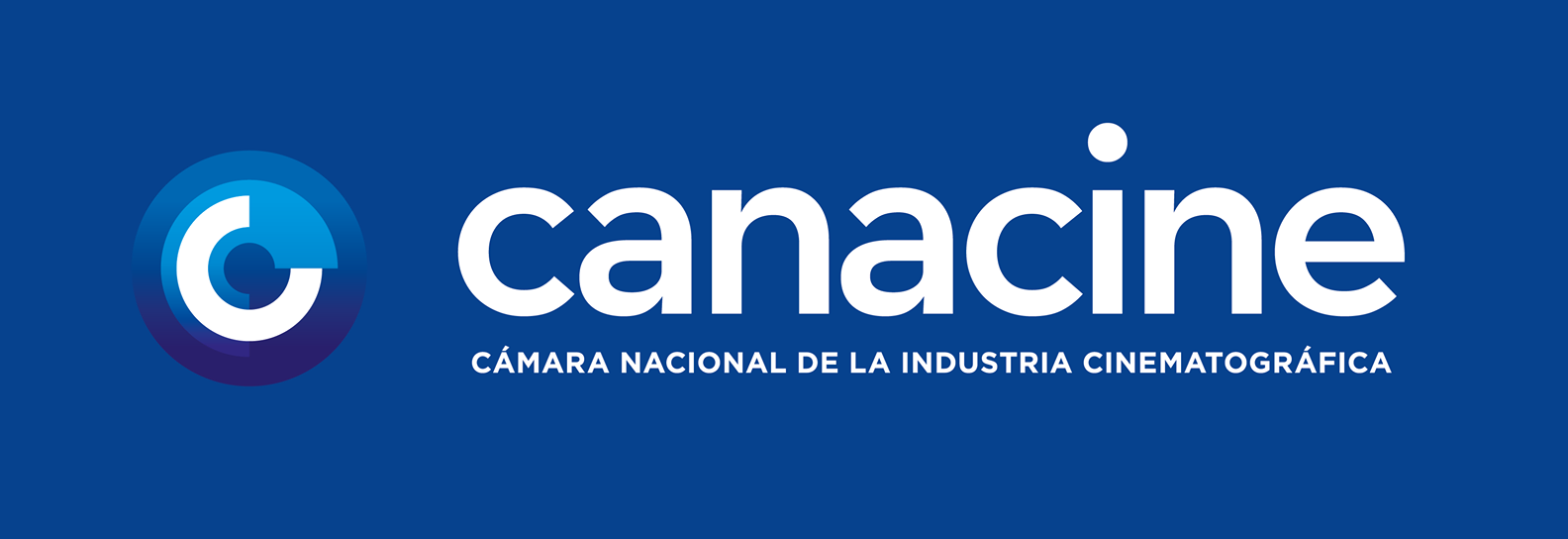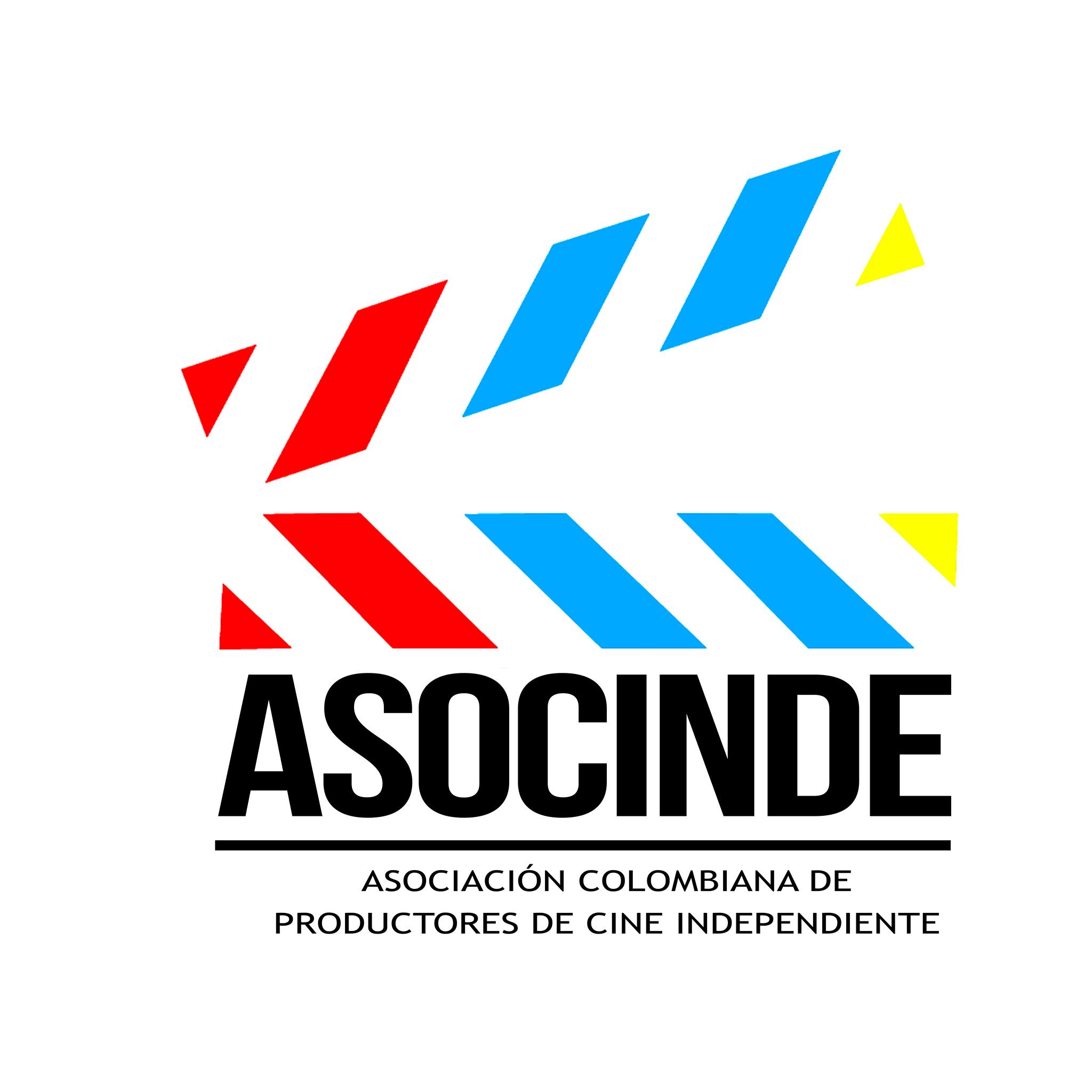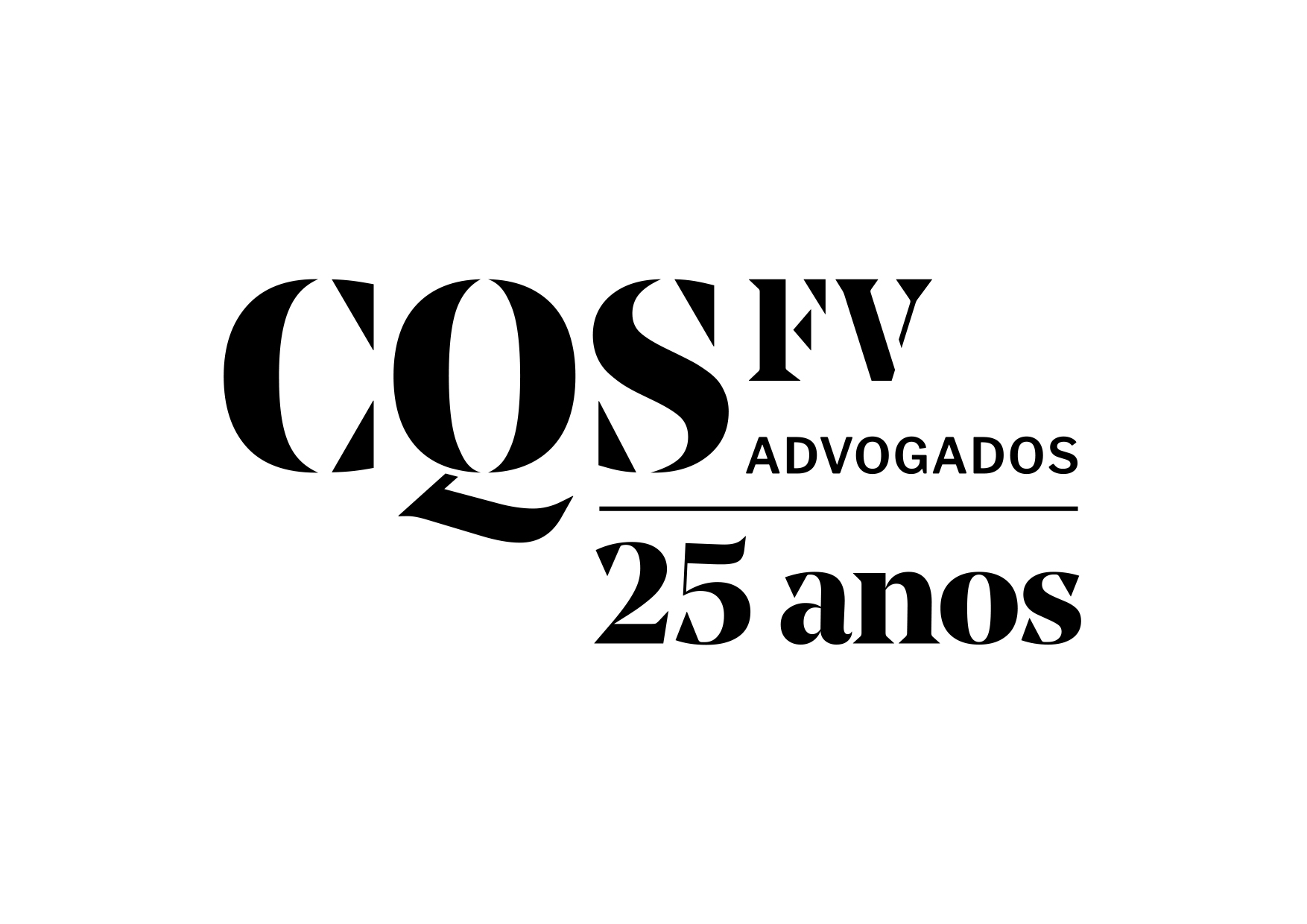“Fiscal Incentives for Audiovisual Production and Co-Production in Iberoamerica, Canada and the U.S.”
INTRODUCTION
As President of the Latin American Training Center – LATC, it is my pleasure to join EGEDA – Entidad de Gestión de Derechos de los Productores Audiovisuales, in presenting this unique non-profit publication aimed at consolidating up-to-date information on fiscal incentives and co-production legislation and treaties in selected Latin American countries, as well as in Spain, Portugal, USA and Canada.
Fiscal incentives and subsidies for film and television production are recognized under WTO (GATT) international trade rules, and constitute an important means for promotion of national film production in many countries throughout the world.
Since the mid-1920s, starting in Europe, film producers have frequently teamed up with producers from other countries to finance and make films. This practice is known as co-production. Under co-production treaties signed between Governments, a qualifying film is granted two or more “nationalities” in respective territories, and thereby is eligible for national tax incentives and other forms of state support aimed at promoting film production, distribution and/or exhibition.
National fiscal incentives and international co-production treaties serve as two vital tools for achieving many nations’ policy objectives of creating a sustainable film industry and promoting audiovisual culture and education. They make possible the production of most films which are aimed at international audiences, and are significant and growing components in government audiovisual regulatory policymaking.
In Latin America, since the early 1990’s, a number of government programs based on fiscal incentives, subsidies, tax shelters, etc, have arisen and rapidly assumed an important role in encouraging production of audiovisual content, as well as distribution, exhibition and film project development. This trend is growing and taking on an even more prominent role as policymakers consider new mechanisms applicable to the globalized audiovisual context and the digital environment.
As part of this worldwide trend of co-production and distribution of local films, foreign producers, mainly from USA, have also sought to take advantage of fiscal incentives and co-production mechanisms, directly or indirectly, and thus participate in the expanded access to film finance and production resources, which in turn, has promoted expansion of local film industries in many Latin American countries.
LATC supports the co-production of audiovisual works among Iberoamerican countries as a means to expand the economic base and potential of the audiovisual industry, together with its other broad goals of protection of intellectual property rights and the promotion of cultural diversity in the audiovisual sector as a driving force of sustainable development.
As one of its first important projects LATC has joined forces with EGEDA to invite selected legal and technical experts who are well-recognized for their experience in the audiovisual sector, and in many cases, their important roles in advising local governments in the design of legislative mechanisms for co-production of films in their respective countries, to contribute chapters from their respective countries to the present volume. At present, there is no similar publication that centralizes this important information.
“Fiscal Incentives for Audiovisual Production and Co-Production in Iberoamerica, Canada and the U.S.” is designed to serve as a resource for film producers, audiovisual policy makers, investors, attorneys, government film agencies, students and film industry professionals in general, to further the shared objective of expanding national film industries and advancing the collaborative nature of film production in the globalized audiovisual environment.
Each chapter provides a description of the fiscal incentives and funding mechanisms available for audiovisual content production and co-production, specification of audiovisual works which may benefit from the incentives (not limited to feature films), and relevant regulations applicable to foreign investors in order to qualify for fiscal benefits.
At the close of each chapter a set of appendices contain: a list of corresponding relevant legislation; a list of corresponding co-production treaties; reference to relevant websites containing useful information and legislation; a brief description of the current government film industry regulatory agency; and a brief biography and contact information of the author of the chapter.
Given the importance of the IBERMEDIA Program in promoting audiovisual co-productions among Iberoamerican countries, we have also included a special chapter describing the role and functions of that important program.
In order to preserve the accuracy and literary integrity of each section, the chapters corresponding to each country are in the original language of the author. Neither LATC nor EGEDA bear any responsibility for the information, dates, errors, omissions or opinions of the authors of each of the chapters included in the publication. Due to frequent changes in incentives and legislation it is imperative to confirm the latest information before undertaking any business decision or commitment. The reader is urged to consult the source of the incentive, local government authorities, or the author of the respective chapter of this publication for updated information.
LATC and EGEDA present the present book as a non-profit publication and important contribution to filmmaking in Iberoamerican countries, and thus seek to ensure its wide accessibility to all interested individuals and institutions. Copies will be donated to government agencies, universities and other relevant institutions in each participating country, and will be made available for purchase at cost to individuals.
I wish to take this opportunity to thank each author for his/her valuable efforts and time dedicated to make this unique publication a reality in the interest of offering a useful resource for the advancement of the audiovisual industries in Iberoamerica. I also wish to acknowledge and express gratitude to Dra. Patricia Carvalho, Legislative Coordinator of the project and Bruna Brasil, LATC Special Projects Coordinator, for their long hours in reviewing and consolidating the material to ensure its consistency.
Steve Solot
President, LATC
Read also (download):
* Prologue Enrique Cerezo (President, EGEDA)
* Prologue Manoel Rangel (President, ANCINE)
















